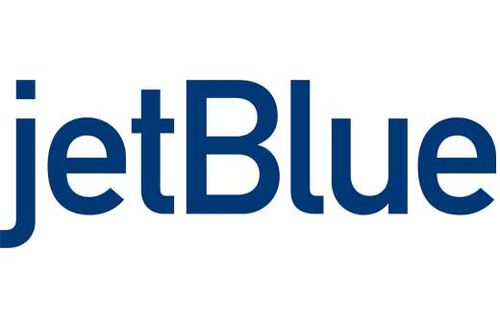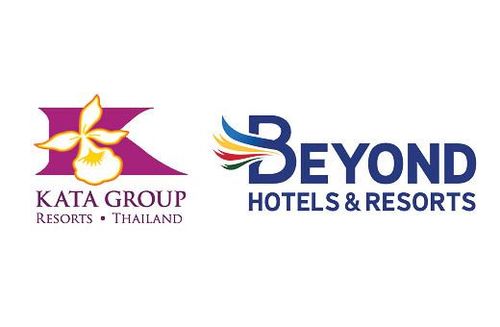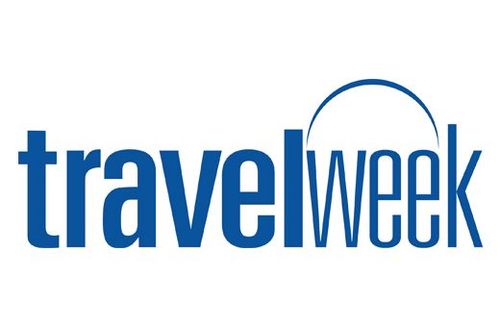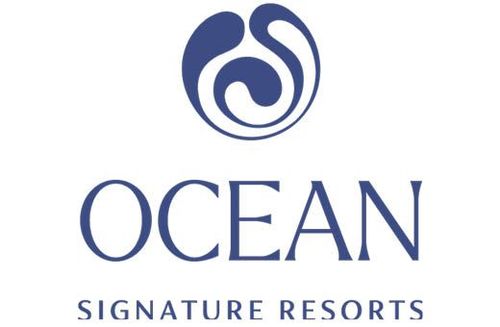Where travel agents earn, learn and save!
News / JetBlue submits enhanced superior proposal to acquire Spirit
JetBlue offers more value and certainty to Spirit shareholders than the Frontier transaction
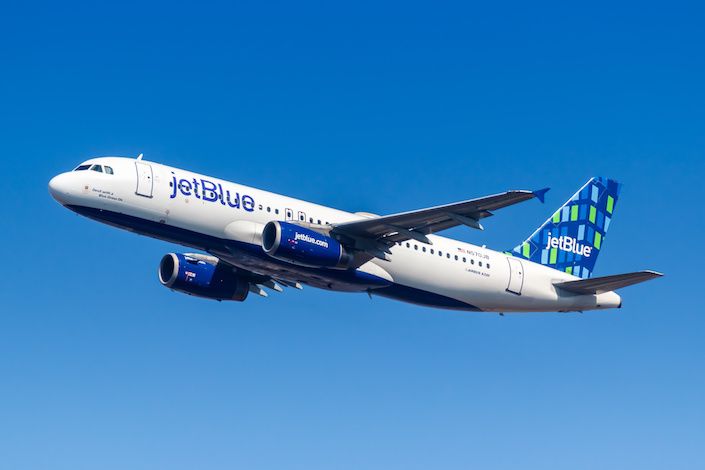
JetBlue announced it has enhanced its proposal to the Board of Directors of Spirit to acquire all of the outstanding common stock of Spirit for $33 cash per share. The enhanced proposal offers Spirit shareholders both superior financial value and greater certainty than the Frontier transaction:
- Divestiture commitment: If necessary, JetBlue would agree to divest assets of JetBlue and Spirit up to a material adverse effect on Spirit, with a limited carve-out for actions that would adversely impact JetBlue’s Northeast Alliance (NEA) with American Airlines
- Remedy package to address NEA and regulatory concerns: JetBlue would offer a remedy package that includes the divestiture of all Spirit assets in New York and Boston so that JetBlue does not increase its presence in the airports covered by the NEA. The package would also include gates and assets at other airports, including Fort Lauderdale
- Reverse break-up fee: JetBlue would provide for a $200 million reverse break-up fee, representing approximately $1.80 per Spirit share, that would become payable to Spirit in the unlikely event the JetBlue transaction is not consummated for antitrust reasons
- Superior, all-cash premium: JetBlue’s proposal continues to offer Spirit shareholders $33 in cash per common share, a 47% premium to the value of the Frontier transaction as of April 29, 2022 (a) and a 52% premium to Spirit’s share price as of February 4, 2022 (b) (the last trading day prior to the Spirit-Frontier announcement)
The regulatory commitments in JetBlue’s enhanced offer represent a significant improvement compared to those offered by Frontier. The revised offer comes after Spirit limited JetBlue’s access to important due diligence data yet requested unprecedented commitments from JetBlue that far exceed those in prior airline transactions.
Spirit shareholders will assume a number of risks if the Frontier transaction moves forward:
- Frontier is not required to undertake any divestitures to obtain the necessary regulatory approvals to close its transaction, despite having greater overlap with Spirit on nonstop routes than JetBlue does, among other regulatory hurdles
- Frontier is not required to pay a reverse break-up fee if the transaction is not consummated for antitrust reasons even though the Frontier transaction has a similar regulatory profile as the proposed transaction with JetBlue
- The value of Frontier’s stock, the basis for the transaction’s value to Spirit shareholders, is subject to significant risks and has already declined approximately 14% since Frontier’s offer was announced. Specifically, the value of Frontier’s stock declined from $12.39 on February 4, 2022, to $10.61 on April 29, 2022, which translated into a deterioration of the value of the Frontier transaction of $3.41 per Spirit share or approximately $370 million
- The financial projections underpinning the transaction with Frontier are based on unrealistically optimistic assumptions, especially with respect to costs associated with personnel attrition and wage inflation. Their model does not consider any wage increases for team members, including pilots, at a time of high attrition and an anticipated shortage of pilots
JetBlue Effect 3x Greater than ULCCs; Similar Regulatory Profile to Frontier
A combined JetBlue-Spirit will create a more compelling national low-fare competitor to challenge the Big Four airlines that control more than 80% of the U.S. market. When JetBlue introduces its unique combination of low fares and award-winning service onto new routes, legacy carriers lower their fares and customers win with more choice. With its positive effect on competition, and backed by its regulatory commitments, JetBlue has a high degree of confidence in its ability to achieve regulatory approval of its acquisition of Spirit.
- JetBlue’s entry into new nonstop routes triggers fare decreases from legacy airlines that are more significant than those resulting from ultra-low-cost carriers (ULCCs) – approximately 16%, or three times the result of ULCCs on legacy nonstop routes – known as the JetBlue Effect
- The faster expansion of JetBlue and the JetBlue Effect, coupled with a proposed remedy package and the continued expansion of other ULCCs, will address regulatory concerns that Spirit, the regulators, or the courts may have
- Both transactions would result in companies of similar size, creating the No. 5 U.S. airline: JetBlue/Spirit would have a 9% market share based on full year 2022 seats compared to 8% for a combined Frontier/Spirit
- Contrary to common misperceptions, JetBlue has significantly less overlap with Spirit in terms of flights, seats, and ASMs than Frontier in the metropolitan areas served by both (c). JetBlue overlaps with Spirit only on 48 nonstop routes compared to Spirit and Frontier’s overlap on 76 nonstop routes (d)
- The NEA – which JetBlue strongly believes will be allowed to continue because the alliance is delivering the customer benefits promised – is not a factor in this transaction. Given the remedy package, JetBlue's analysis finds that the presence of the NEA would have no meaningful economic effect in a JetBlue-Spirit transaction



